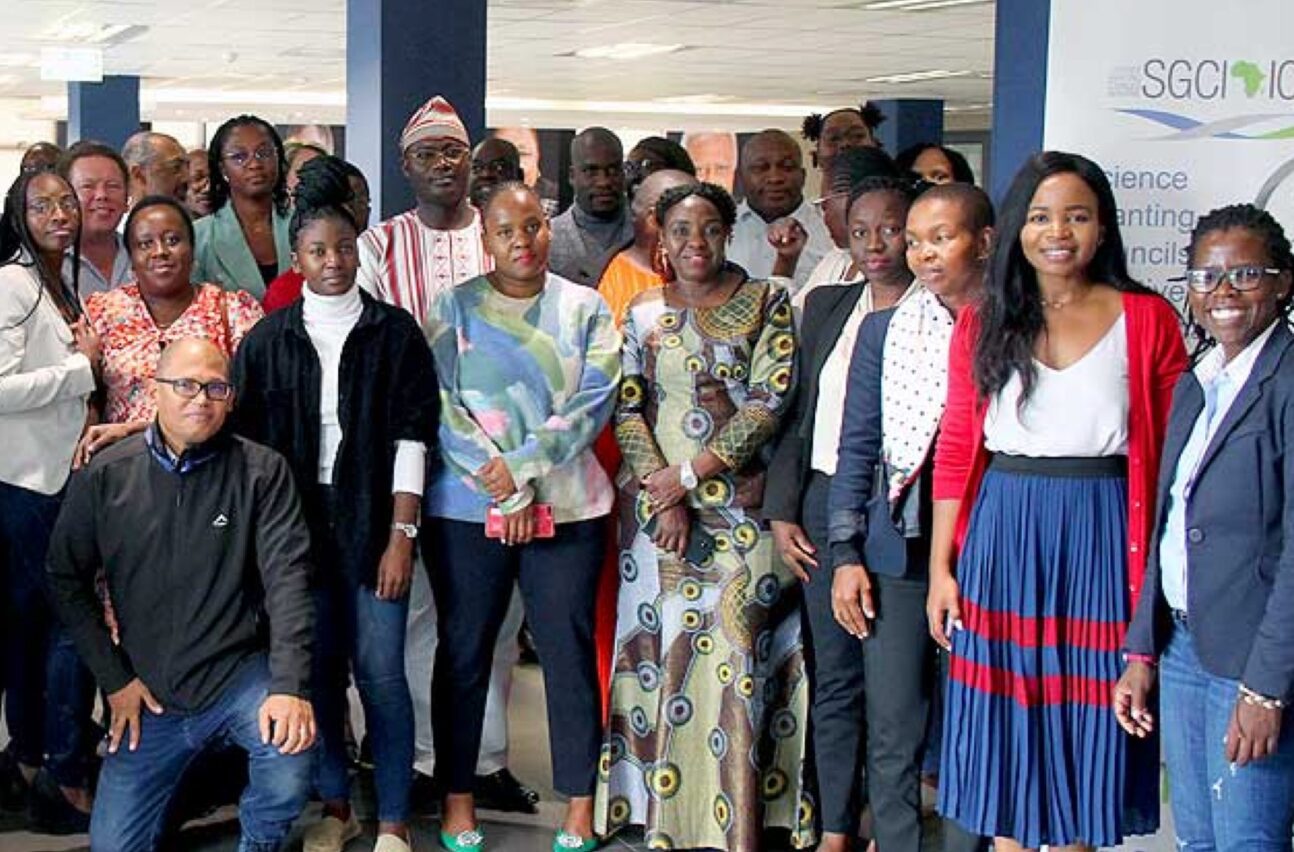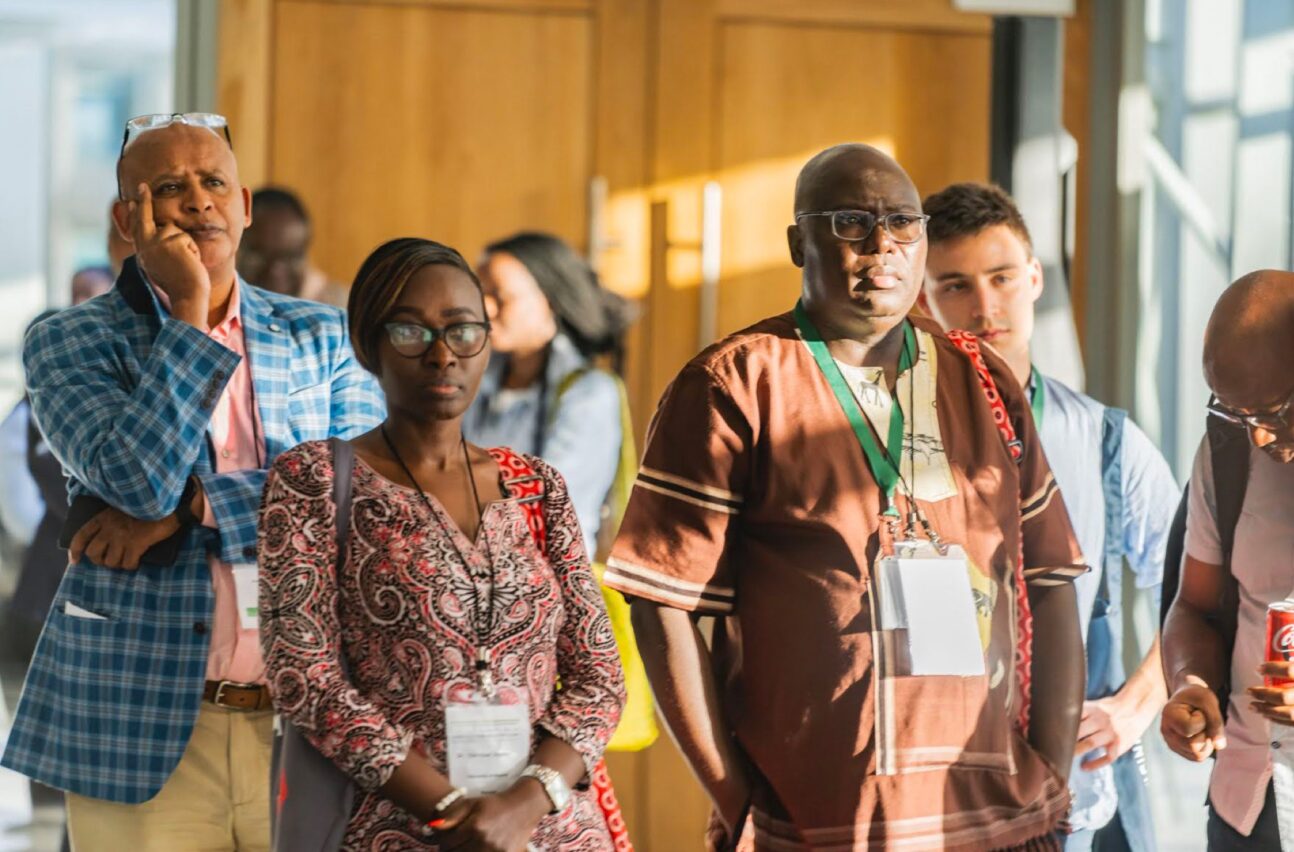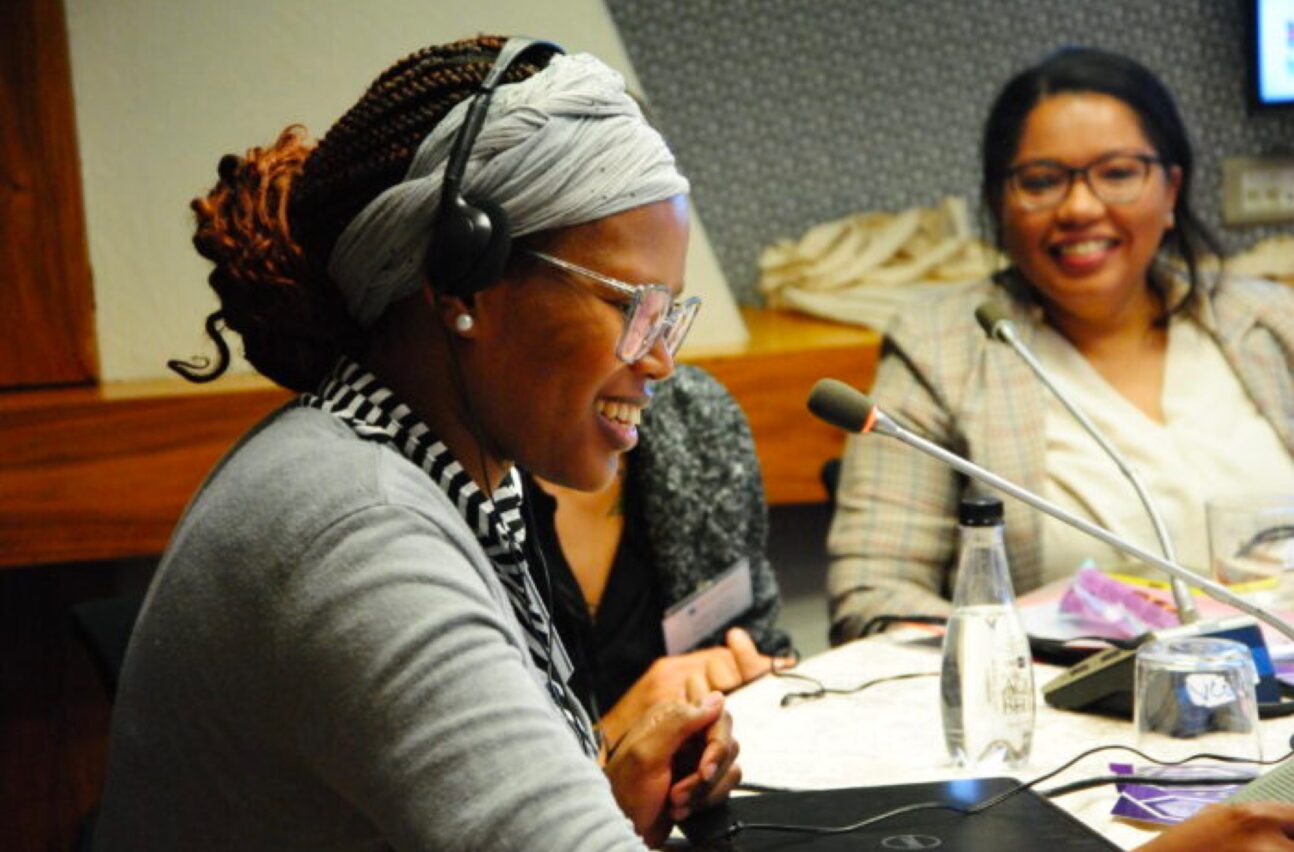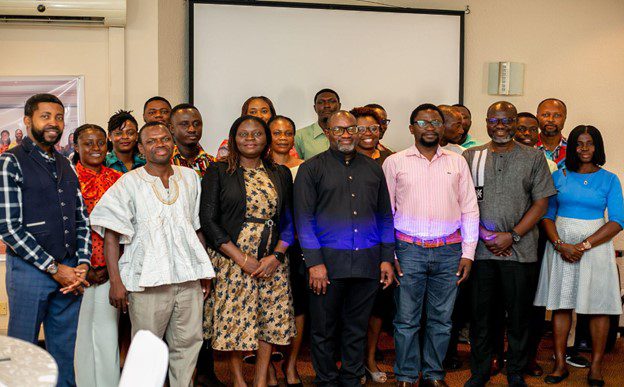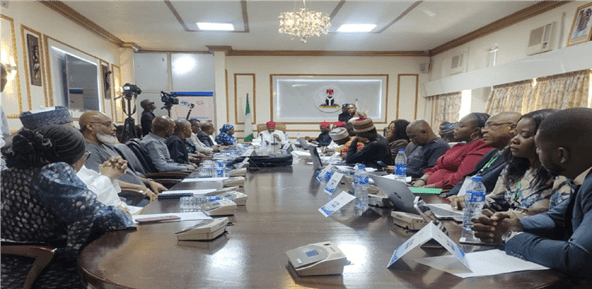Science Granting Councils (SGCs) across Africa are increasingly recognising the need to embrace digital transformation. Therefore, to support this shift, a Digital Transformation Prioritisation Tool has been developed as part…
Science Granting Councils (SGCs) across Africa are increasingly recognising the need to embrace digital transformation. Therefore, to support this shift, a Digital Transformation Prioritisation Tool has been developed as part of the Evi-Pol toolkit. Subsequently, this resource helps councils assess and rank digital projects based on strategic alignment, cost, benefits, ease of execution, and risk.
Why Prioritisation Matters
Digital transformation can be complex and resource intensive. Consequently, without a clear framework, councils risk investing in projects that don’t deliver value or align with national strategies. This tool offers a structured approach to:
- Identify high-impact digital initiatives
- Align projects with organisational and national digital strategies
- Ensure efficient use of limited resources
How the Tool Works
Projects are evaluated across five key categories:
Mandatory Criteria
Projects must meet essential conditions such as delivering a new or transformed service and aligning with strategic declarations. If any mandatory criterion fails, the project is excluded.
Cost
Assesses both capital and recurrent expenditure.
Benefits
Measures impact on customer satisfaction, productivity, cost reduction, and staff wellbeing.
Ease of Execution
Evaluates complexity, resource availability, change management needs, and infrastructure readiness.
Risk
Considers operational, financial, reputational, and governance risks.
Each category is weighted, and the final score is calculated using the formula:
Total Score = (Cost + Benefit + Ease) – Risk
Supporting Smarter Decision-Making
The tool enables councils to visualize project scores and compare initiatives side by side. As a result, this helps decision-makers focus on projects that offer the greatest return on investment and are most feasible to implement.
For example, projects with high benefit scores and low execution complexity rise to the top, while those with high risk or poor strategic alignment are deprioritised.
Looking Ahead
As digital transformation accelerates, tools like this will be essential for SGCs to navigate change with confidence. For more on how councils are strengthening their digital transformation and data governance capabilities, explore these resources:
The Digital Transformation Roadmap: An essential tool for Africa’s Science Granting Councils
How does the Data Governance Toolkit support Science Granting Councils?
Themes
The SGCI aims to strengthen the capacities of these SGCs to support research and evidence-based policies that will contribute to economic and social development.
